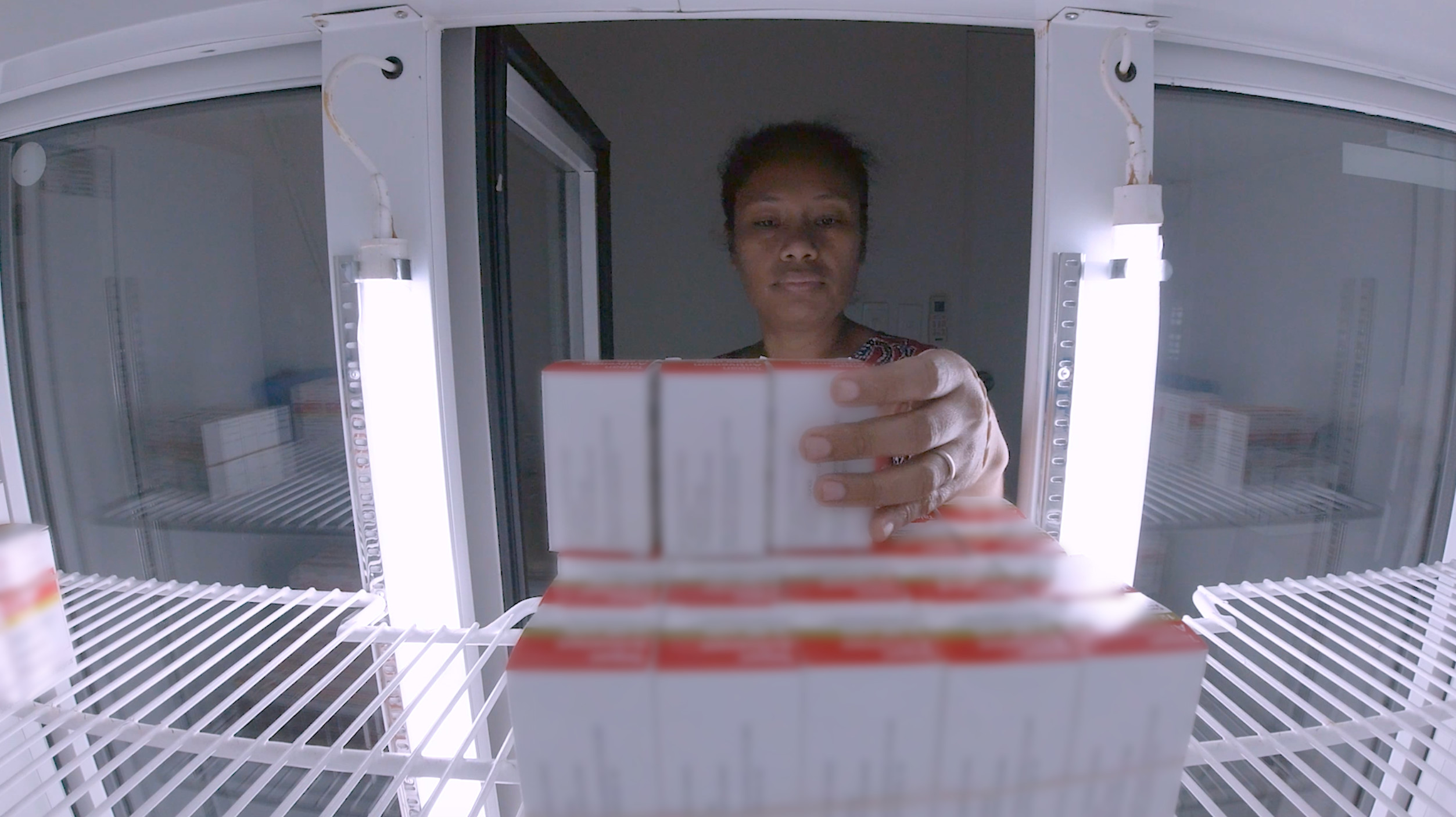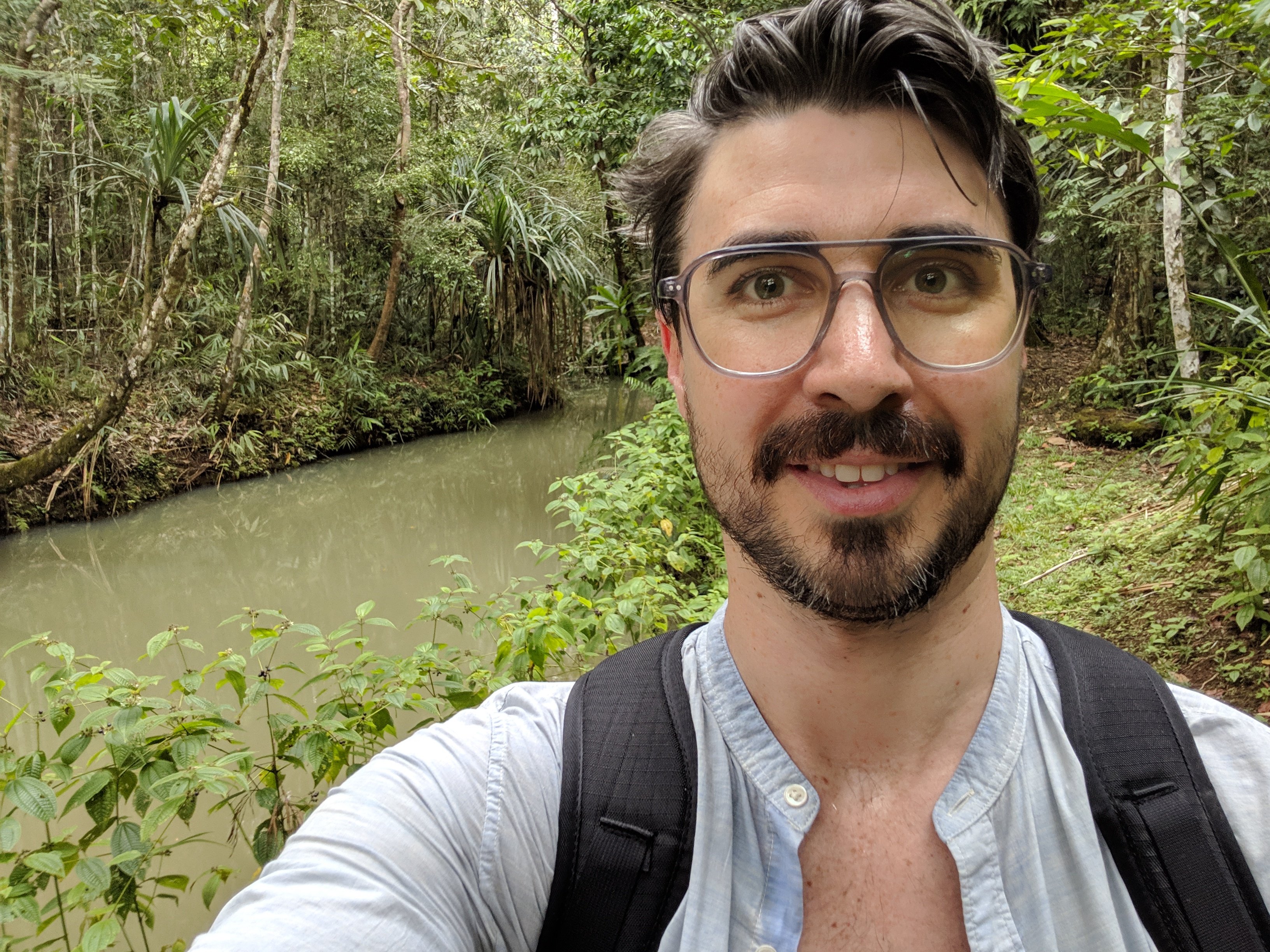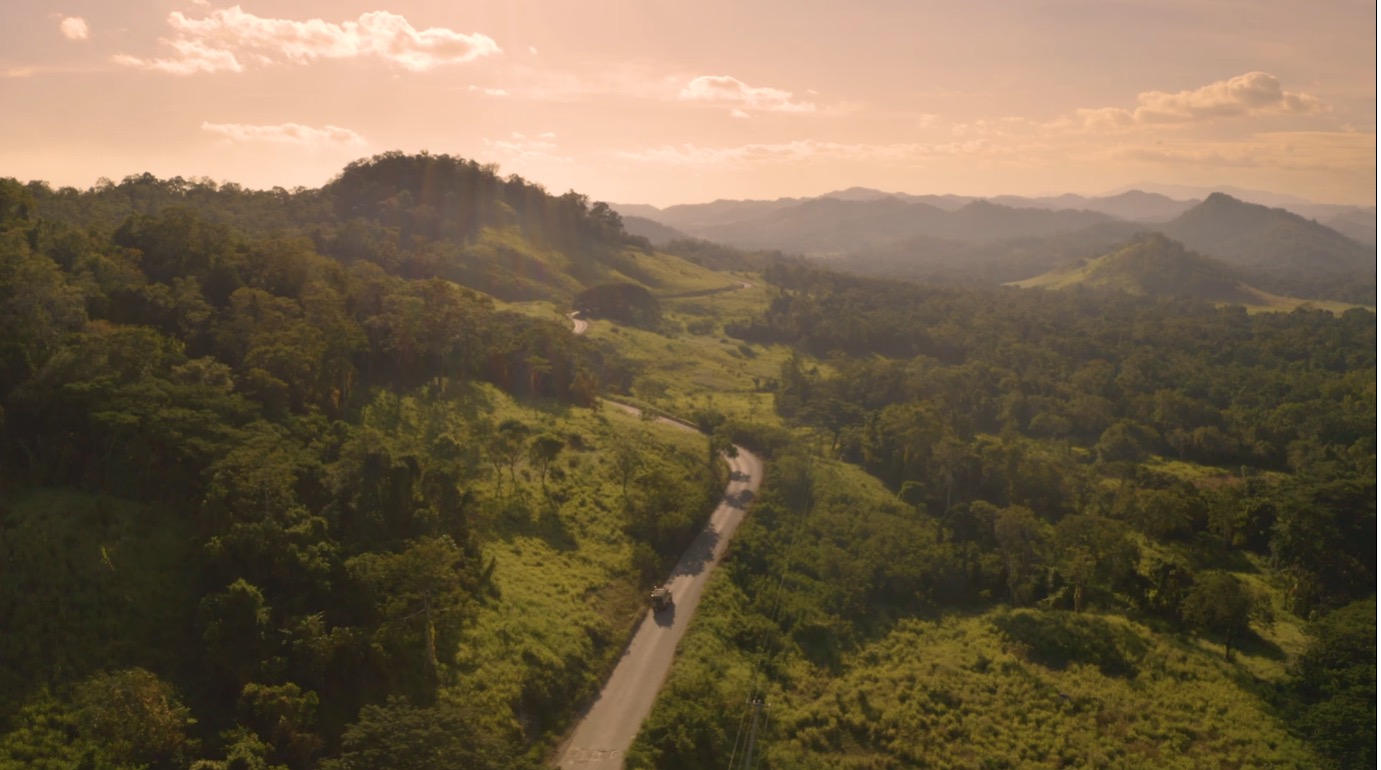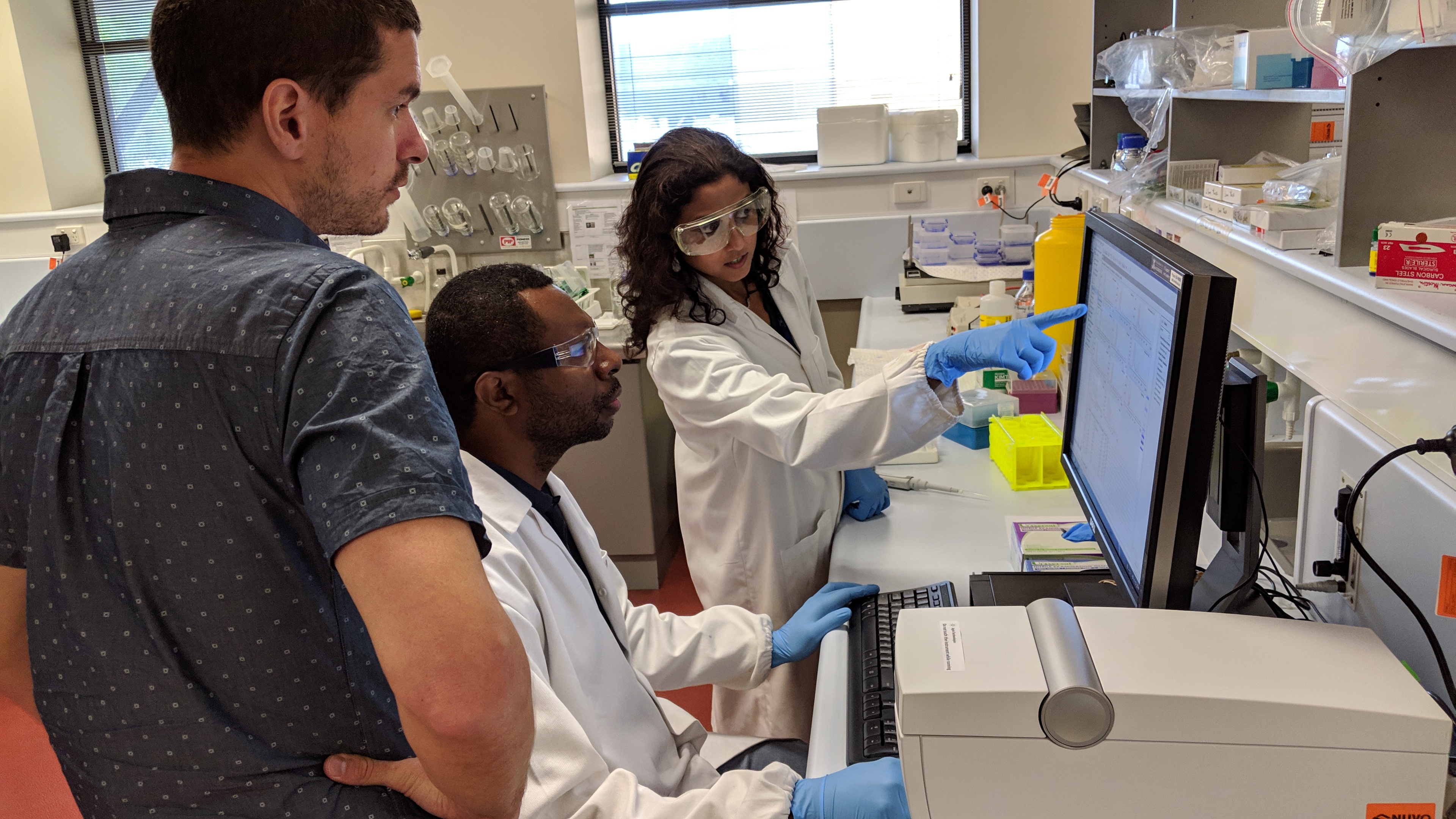
Health & Medicine
Deadly snakebites and saving lives

Dr Andrew Watt and his team have helped save more than 500 lives in Papua New Guinea from deadly snakebites since 2018. On International Snakebite Awareness Day, he shares how the Australian Venom Research Unit is forging ahead
Published 16 September 2021
I’ve never been a fan of snakes. It’s the people and communities they impact that I’m focused on. It’s this interest in humanity, perhaps the influence of growing up in a medical family, that prompted me to pursue a career in neuroscience, proteomics and clinical research.
I joined the Australian Venom Research Unit, based at the University of Melbourne, in 2017 as a junior medical researcher. I use epidemiological data to drive clinical improvements for snakebite patients in Australia – and around the world.

Now, I co-head the Unit with Dr Timothy Jackson, an evolutionary toxinologist. He investigates venoms and antivenoms and I focus on strategic growth and public engagement. Both positions require the other to succeed.
We’ve learnt how to work together and lead a research unit that couples international research and a medical distribution program in a low-middle income country – all during a global pandemic. The collaboration has fostered not only a great friendship, but also one the University’s largest health service delivery programs.

Health & Medicine
Deadly snakebites and saving lives
We began work on the Papua New Guinea (PNG) Snakebite Partnership in 2018. This is an initiative, which has just been extended until 2023, of PNG’s National Department of Health, the Australian High Commission and vaccine provider, Seqirus Pty Ltd, a subsidiary of CSL. It’s managed and operated by the Charles Campbell Toxinology Laboratory (CCTL) in Port Moresby, which is a University of Melbourne collaboration with the University of Papua New Guinea.
PNG is one of the most culturally and linguistically diverse nations in the world. It is also home to some highly venomous snakes, including the Papuan Taipan and the Death Adder.
Every year, around 1000 people in PNG are reported to die from snakebite, compared with around four Australians. Prior to the PNG Snakebite Partnership, antivenom could cost up to $A2000 per vial, a fortune in PNG. And with snakebite particularly affecting people in their most productive years, families often faced either significant medical debt or a loss of both their loved ones and their household’s main source of income.

The PNG Snakebite Partnership distributes up to 600 vials of antivenom a year across PNG. Seqirus donates the antivenom and the Australian Government provides financial support for the management and distribution of the antivenom in addition to the training of healthcare workers on snakebite patient management.
Our team has helped distribute 1450 vials of snake and venomous marine creature antivenoms and train hundreds of healthcare workers with snakebite specific clinical training. We’ve also visited 60 health care centres to provide training on snakebite management and snakebite reporting, as well as support the Government of PNG to develop capacity and sustainability for biologicals supply across the country.

The success of the program is largely due to the amazing work of our in-country team. On the ground, our pharmacist and project manager, Geno Roalakona and our clinical snakebite nurse and educator, Andrew Maru are doing incredible work in a challenging and ever changing environment. To say it has been rewarding work is an understatement.
Snakebite particularly affects the poorest members of society. The World Health Organization defines snakebite as a Category A neglected tropical disease. When poor people are bitten, the luxury of modern health care is usually far removed from their reality.
Those lucky enough to survive a venomous snakebite are often financially crippled by the cost of treatment, as well as physically crippled by the effects of the venom. Given that a majority of bite sufferers are among the most productive members of society – young, working-age men and women – disablement following snakebite can prevent survivors from earning an income, making them a lifelong financial burden for their family members.

The COVID-19 pandemic has had an impact on our work. There are logistical challenges, including delivery delays of vials to vulnerable and remote communities, and the ventilators typically used for snakebite patients are being redeployed to COVID-19 clinics. We’re also working with health authorities to ensure all of our nurses and clinic staff on the ground in PNG can access COVID-19 vaccines.
Our mission is to become a centre of excellence in the Asia-Pacific Region. Despite the hurdles, Tim and I, along with our team of laboratory, clinical and support staff continue with our innovative and strategic research and information analysis on this neglected problem of envenoming by venomous animals.
- As told to Harriet Edmund
Banner: Geno Roalakona retrieves antivenom from the fridges at the Charles Campbell Toxinology Laboratory (a collaboration between the University of Melbourne and the University of PNG)/Supplied